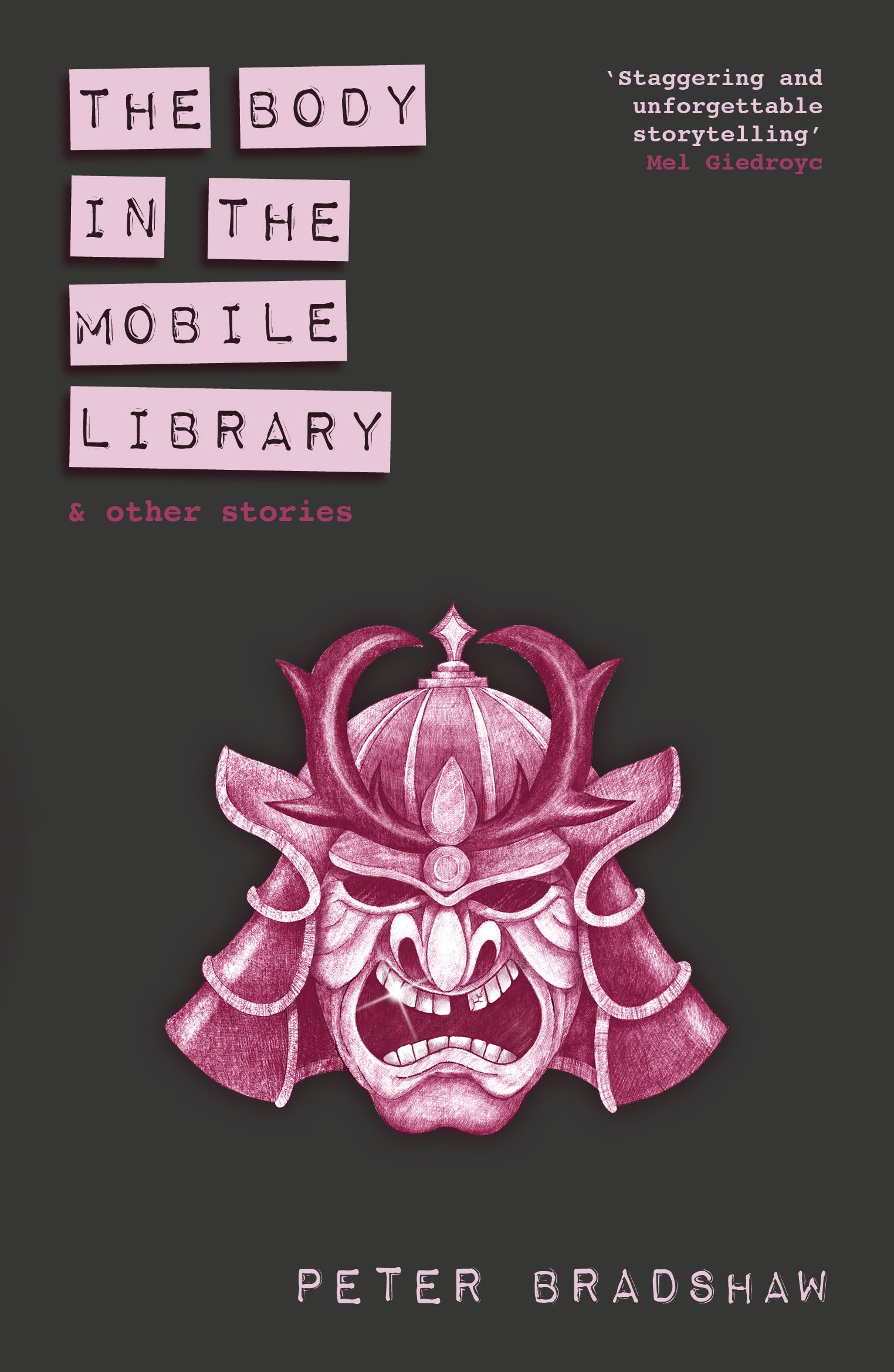Eye Books is a small, independent publisher championing extraordinary stories and overlooked voices since 1996. We publish bold fiction and non-fiction, work closely with our authors, and take pride in bringing unique books to adventurous readers.


and other stories
‘Staggering and unforgettable storytelling’ Mel Giedroyc
In his retirement at the Vatican, emeritus pope Benedict XVI is hard at work on his magnum opus: a high-school comedy screenplay.
At a grimy pub in North London, a doctoral researcher is abducted by gangsters peddling William Wordsworth’s handwritten account of drug-fuelled sex orgies.
In the West African state of Benin, a politician’s daughter inherits a large cash sum which she can only launder with the help of a random Englishman sourced on the internet.
With twenty-one deliciously observed, gloriously mischievous short stories – some previously narrated on BBC Radio 4 or published in literary magazines, others completely new – Peter Bradshaw explores the boundary between the plausible and the absurd, often with a laugh-out-loud gag up his sleeve.
Amid the playfulness, he has an enduring warmth and sympathy for every character, however hapless. He offers pinpricks of light in a dark sky of confusion and pain.
‘These stories go down as easily and deliciously as a tray of chocolates. But beware: each chocolate has a tiny grenade inside! Staggering and unforgettable storytelling’ Mel Giedroyc
‘A face-pullingly interesting read. Characters are sympathetically drawn and their longings, insecurities, vanities and weaknesses feel all too credible. That’s what makes the rug-pulling moments so effective’ The Spectator
‘The Body in the Mobile Library is mischievous, often raunchy and always teetering on perversity. Much like sex between two of his characters, it is a “a sensually abrasive congress of such abandon” that a mug or two might get broken along the way’ Literary Review
‘Those who have relished Bradshaw’s sharp and perceptive film criticism will not be surprised at the inventiveness and beguiling qualities of this collection of twenty-one sharply turned and beguiling pieces’ Barry Forshaw, Crime Time
UK postage is free if you spend £20 or more
